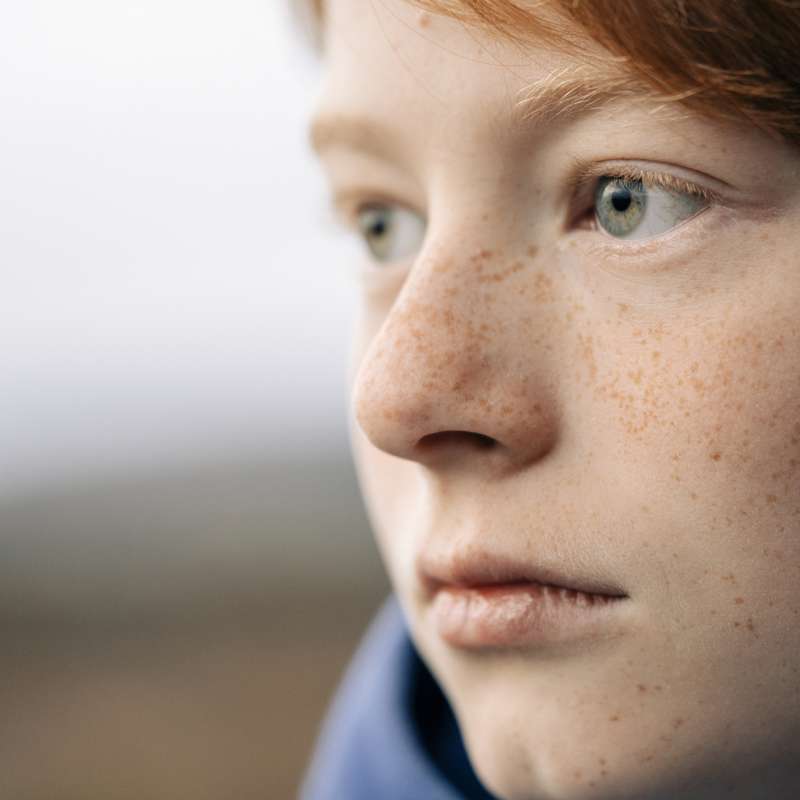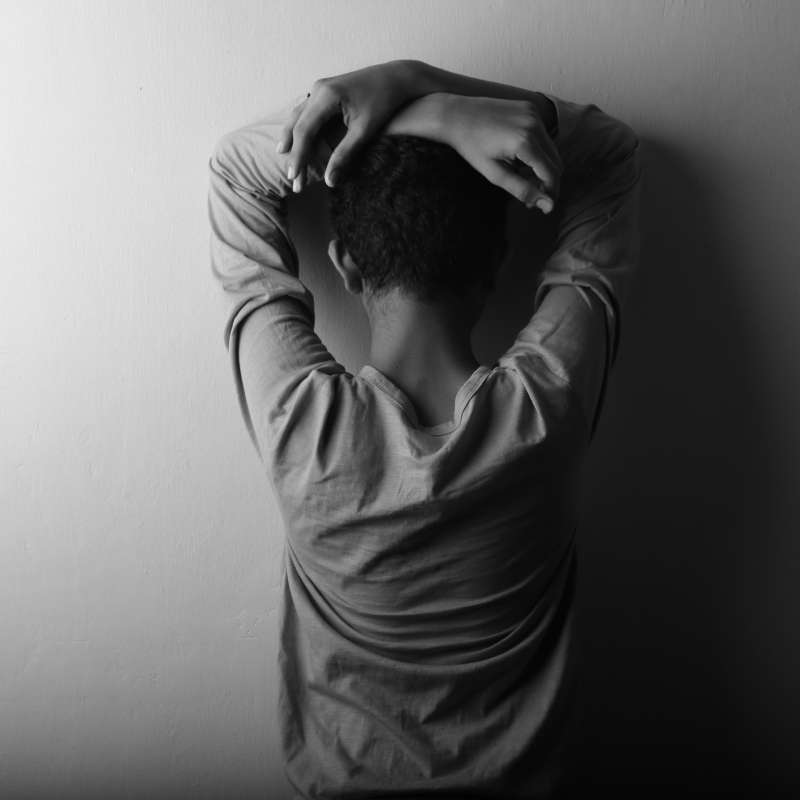Category
Depression
Join our community!
Subscribe to receive our monthly journal packed with insightful mental health tips, upcoming events, and program details!
By submitting this form, you are consenting to receive marketing emails from: . You can revoke your consent to receive emails at any time by using the SafeUnsubscribe® link, found at the bottom of every email. Emails are serviced by Constant Contact
Affiliations


Visions Treatment Centers, LLC
Intensive Outpatient Program
DHCS Substance Use Division Certification # 190760BP Expiration date 06/30/2025











